What Happened, Why, and What Can We Learn?
Summary and Strategic Tips for Understanding Why This Is Happening to Many Brands and Why Others Are Thriving.
The key lies in the critical importance of expanding into a range of content, categories, and experiences—what was once technically termed diversification is now known as crossing marketing and brand experience amplification, but executed in an exponential and nonlinear manner.
-
The True Reason: The Need for Diversification (Now Technically Called Business Expansion and Category Amplification) in a Saturated Market: Beyond the Product.
In a highly saturated market, where hyper-competitiveness permeates every corner, value brands face a critical challenge: the necessity to go beyond simply offering a product. In this context, producing content, experiences, and additional categories becomes a strategic imperative. This phenomenon, formerly known as diversification, is now referred to as crossing marketing and brand experience amplification. But why is this so crucial?
-
A Landscape of Saturation and Competition
The reality is that we live in a world where the number of brands competing in each category—from coffee shops to automobiles—has grown exponentially. This market saturation not only complicates sales volume growth but also forces brands to innovate continuously. Simultaneously, the emergence of alternative and substitute products, along with the impact of economic crises, further complicates the landscape.
Hyperproduction in regions like Asia, especially in China and India, has led to an erosion of entry barriers. These economies have developed the capacity to imitate products on an industrial scale, optimizing logistics and employing marketing strategies that challenge traditional notions of value. Consumers now face options that, while mimicking prestigious brands, offer significantly lower costs in terms of marketing, advertising, and customer experience. This creates a vicious cycle where quality brands are pressured to lower prices, undermining their value proposition.
-
The Experience Amplification Strategy
In light of this scenario, value brands must adopt a mindset of experience amplification. This involves creating an ecosystem around the brand that includes relevant content, meaningful interactions, and complementary products. Rather than limiting themselves to a single product, brands should diversify their offerings, creating a portfolio that resonates with consumers' needs and desires.
-
Content Creation that Drives New Business: Generating content that educates, entertains, and informs consumers not only enhances brand perception but also establishes an emotional connection. Through storytelling, brands can position themselves as thought leaders in their category, fostering customer loyalty while aiming to sell a brand experience.
For instance, to become the best motorcycle brand and achieve profitability, loyalty, and increased value today, in addition to a boutique brand (including a full line of apparel), it is vital to create your own training tracks, schools, accessories, themed bars, tourist spots, a line of sports supplements, transport vehicles, toys, tents, events, and even hotels.
This requires a robust capacity for brand culture, crossing marketing, collaboration networks, partnerships, and co-creation. This applies to any product where the product alone is no longer the business since it is imitable, surpassable, and of short experience or value. Differentiation now requires not just branding but crossing marketing, experience amplification, and category expansion.
B) Immersive Experiences: Creating unique experiences—whether through events, promotions, or digital platforms—allows brands to stand out in a crowded market. These experiences must be memorable and align with the brand's values, fostering a deeper connection with consumers. They are no longer just additional actions; they are integral to the daily dynamics of value brands. The essence of a brand today is a world, a show, a constant experience, and for this to be self-sustaining and profitable, it must create a business aligned with the brand.
An example is Ferrari's theme parks, one of which is in Barcelona.
C) Complementary Categories: Expanding into related categories enables brands to leverage their recognition and reputation. For example, a coffee brand could diversify into bakery products, but that’s obvious. What they should also do is create branded décor, candles, artwork, experiential locations, crossover sub-products with liquor, apparel, branded coffee machines, accessories, musical events, a streaming channel, books, VIP experiences, etc., creating a consumption ecosystem that invites customers to explore beyond coffee.
Is it complicated? In reality, it’s about understanding that today’s brand is a realm of real value, phydigital. Otherwise, with certainty, 30 Chinese products and/or 30 local or nearby competitors will replicate your business or product.
The protective halo and value of a brand today is increasingly cultural and expansive beyond just the product; it’s the world that gets created that establishes the barrier of protection and differentiation, which in turn becomes the primary strategy for customer loyalty and sales.
A clear example is Farmacias Similares, which, after diversifying into low-cost clinics, achieved success with their plush toy and Doctor Simi product line. Now, they’re transitioning from medicine to music, as their impactful activations as sponsors of musical events have led them to produce them.
Resilience Through Innovation and Constant Creation of Difference, Added Value, Experiences.
The key to surviving and thriving in this saturated environment is continuous innovation and amplification. Brands must adopt a proactive mindset, continuously seeking new opportunities to expand their offerings and enhance customer experience. This not only involves launching new products but also reimagining what it means to be a brand today.
The product or service is a universe to be created, not just a new version of a product, but an entire realm of experiences that contribute to the essence of the brand, crafting an amplified experience.
There’s literally a forced re-dimensioning due to hyper-competition regarding what differentiation truly means.
Photo of Porsche Bars (this one is in Dubai)
IG: @infonegociosmiami
At the end of the day, success lies in understanding that today’s consumer seeks more than just a product; they seek a complete experience. By diversifying and amplifying their proposals, brands not only adapt to market saturation but also position themselves as leaders in an increasingly complex competitive landscape. The question isn’t whether to diversify, but how to do it effectively to maintain relevance and profitability in a constantly changing world.
The facts speak for themselves: KTM is perhaps one of the brands with the best motorcycle products globally, boasting an enormous reputation in competition and optimal quality. However, product profitability alone isn't sufficient.
KTM's bankruptcy declaration serves as a reminder of the challenges facing the motorcycle industry (and most industries today). As events unfold, it’s crucial for both employees and enthusiasts to maintain hope and confidence in the brand’s ability to reinvent itself. KTM's resilience, as a manufacturer and community, will be tested in the coming months, but the passion for motorcycles and innovation could be key to its recovery.
Financial Crisis: KTM AG and its subsidiaries have declared insolvency, with accumulated debts and a drop in demand leading to an alarming surplus of 130,000 motorcycles.
Labor Impact: Significant layoffs are anticipated, with restructuring potentially affecting 500 jobs in the short term.
Commitment to MotoGP: Despite the crisis, KTM remains committed to the MotoGP World Championship, ensuring the continuity of its teams.
Tips for Understanding the KTM Situation:
-
Stay Informed: Follow updates on the restructuring and its impact on jobs.
-
Understand Market Impact: Analyze how KTM's bankruptcy might influence motorcycle prices and availability in the future.
The Financial Crisis of KTM
“In the last three decades, we have grown to become the largest motorcycle manufacturer in Europe. We have inspired millions of motorcyclists worldwide with our products. Now we are taking a pause for the future,” stated Stefan Pierer, CEO of KTM. This statement resonates in a context where the insolvency of KTM AG and its subsidiaries has highlighted the fragility of a brand that was recently synonymous with innovation and resilience in the motorcycle world.
KTM’s financial issues stem from multiple factors, including a drop in demand and a significant rise in production costs. “The debt is 3 billion euros, but the short-term liquidity needed is 500 million euros,” explained Carlo Pernat, rider manager, underscoring the complexity of the situation.
Impact on the Labor Sector
The impending restructuring has raised concerns about its impact on employment. “It’s expected that at least 500 jobs will be cut,” which represents a significant loss for the community, especially in a sector striving to recover post-pandemic. However, restructuring isn’t just about cutting costs; it also involves a critical review of how the brand can reinvent itself in a constantly transforming market.
Unwavering Commitment to MotoGP
Despite the financial turbulence, KTM has expressed its intent to continue participating in MotoGP. “I can’t show the signed papers, but I guarantee that they give us the absolute assurance that all aspects related to MotoGP at KTM are outside the corporate crisis dynamics we are facing,” Pernat assured. This commitment is crucial not only for the brand but also sends a message to fans and riders who depend on the team’s continuity.
Restructuring: A Path to the Future
The restructuring process initiated by KTM aims to establish a viable plan that will enable the company to emerge from this crisis. KTM's management will retain control of the company under judicial supervision, aiming to reach an agreement with creditors within a maximum of 90 days.
This restructuring isn't merely a reaction to current challenges; it's an opportunity for KTM to reevaluate its operations, innovate its product lines, and enhance customer experiences. By adopting a forward-thinking approach, KTM can redefine its brand identity and solidify its position in the market.
- Contacts: [email protected] or [email protected]
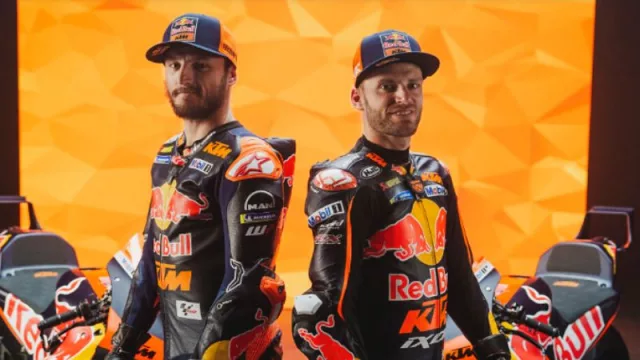
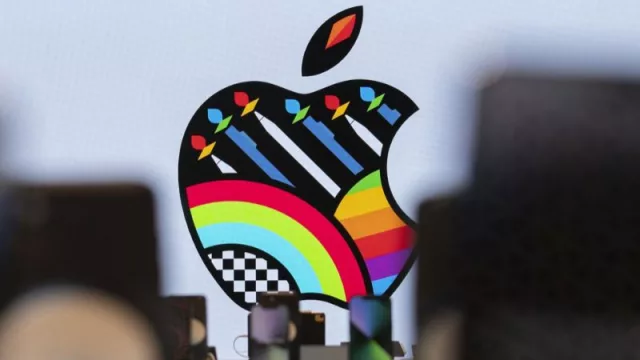

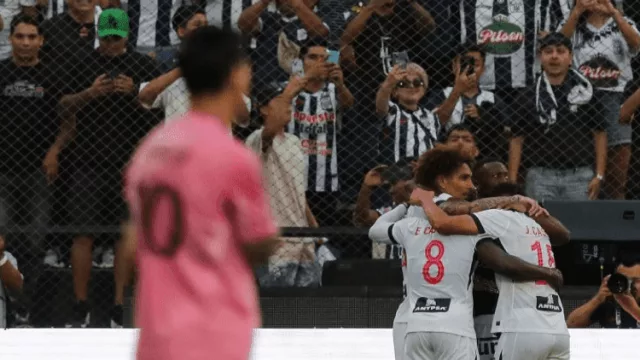
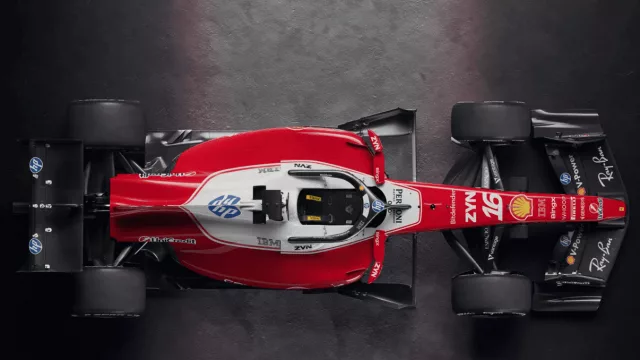

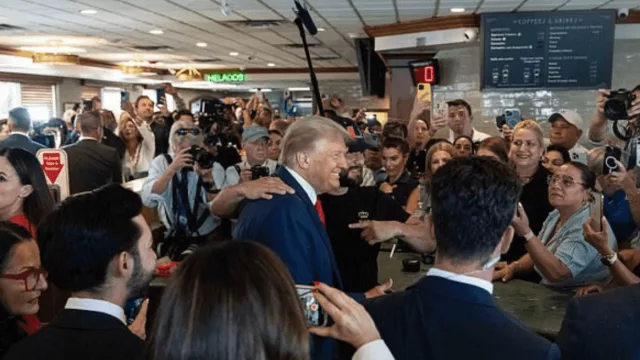
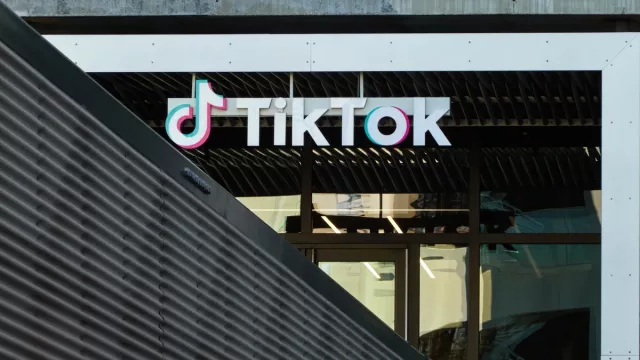
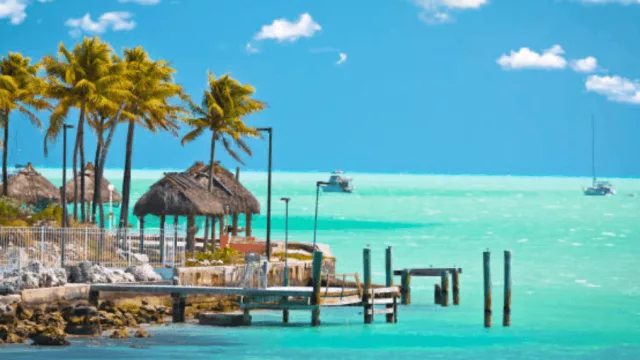
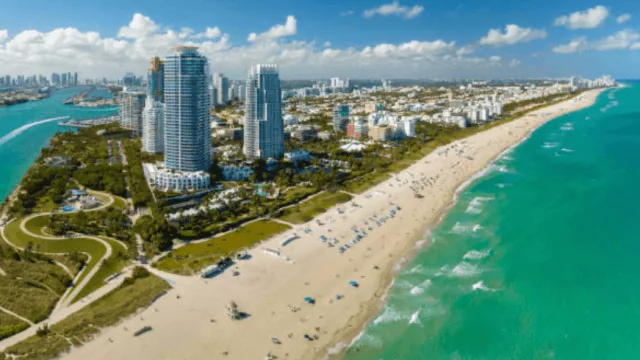
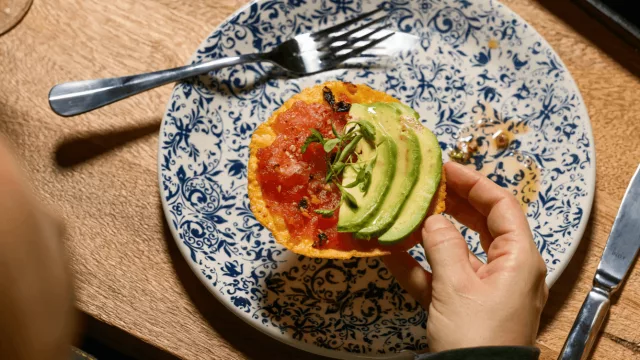

Tu opinión enriquece este artículo: